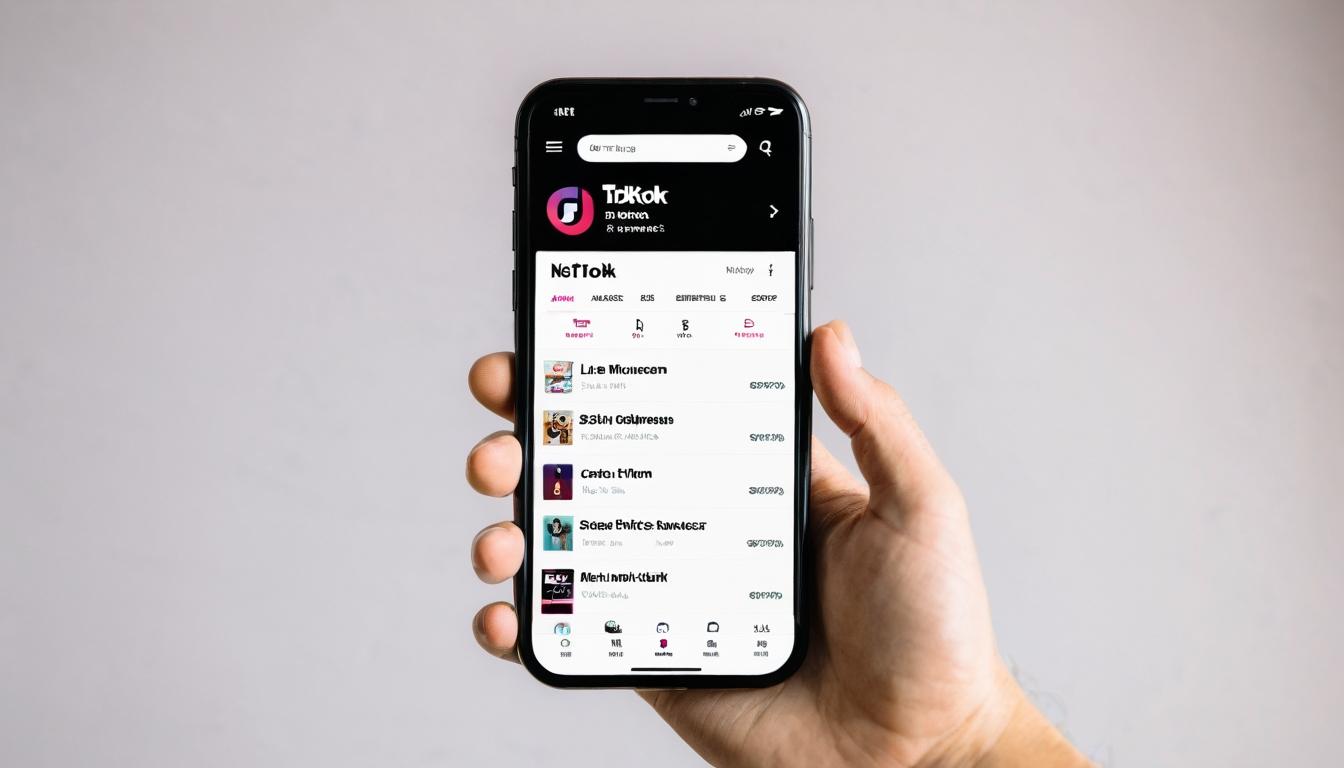The music industry has always been a landscape of gatekeepers—record labels, radio programmers, and critics who decided what reached the masses. But something seismic has shifted in the past few years. The traditional pathways to success are crumbling, replaced by algorithms, viral moments, and a new generation of artists who bypass the system entirely. This isn't just evolution; it's revolution, and it's happening in bedrooms, on smartphones, and across platforms that didn't exist a decade ago.
Walk into any bedroom studio today and you'll find more production power than what filled entire recording studios in the 1990s. A laptop, some software, and a decent microphone—that's all it takes to create professional-sounding music. Artists like Steve Lacy recorded entire albums on their iPhones, while others built followings from their childhood bedrooms. This democratization has unleashed a flood of creativity, but it's also created a paradox of choice for listeners. With millions of songs uploaded every month, how does anyone find anything worth hearing?
Enter TikTok, the accidental A&R machine that's turned 15-second clips into career-launching rockets. The platform's algorithm doesn't care about industry connections or marketing budgets—it responds to what resonates. A catchy hook, an unusual beat, or even just the right moment of emotional authenticity can catapult an unknown artist to viral fame overnight. This has created a new kind of star: one who emerges fully formed from the digital ether, often surprising the industry establishment.
But this new system comes with its own challenges. The pressure to create 'TikTokable' moments can distort artistic vision, encouraging songs built around 15-second highlights rather than cohesive albums. Some artists find themselves trapped by their viral success, expected to recreate the magic that made them famous in the first place. The very algorithm that gave them their break can become a creative straightjacket.
Meanwhile, streaming platforms have become the new radio, with curated playlists wielding enormous influence. Getting placed on a major Spotify playlist can mean millions of streams overnight, but it also means conforming to certain sonic templates. The 'algorithmic sound'—characterized by predictable drops, clean production, and immediate hooks—has become increasingly dominant, raising questions about whether we're sacrificing artistic risk-taking for algorithmic optimization.
What's fascinating is how artists are pushing back against these pressures. A new wave of musicians is finding ways to use the system without being consumed by it. They're creating music that works both as TikTok snippets and as complete artistic statements, building communities around their work rather than just chasing viral moments. The most successful aren't just playing the game—they're changing the rules.
The role of the critic has evolved too. In an era of algorithmic recommendations, thoughtful criticism becomes more valuable, not less. Listeners overwhelmed by choice look for trusted voices to help them navigate the flood. The best critics today don't just evaluate music—they contextualize it, connecting artists to larger cultural movements and helping audiences understand why certain sounds resonate at particular moments.
This new landscape is also reshaping genre boundaries. Artists are mixing influences with unprecedented freedom, creating hybrid sounds that defy easy categorization. A single track might blend hyperpop with country, or drill with folk, reflecting the eclectic tastes of a generation that grew up with access to virtually all recorded music. Genre has become less a box and more a starting point for creative exploration.
Live performance has transformed alongside recording. Artists who built their audiences online are finding innovative ways to translate digital connection into physical presence. Intimate livestreams, VR concerts, and interactive digital experiences are complementing traditional touring, creating multiple revenue streams and deeper artist-fan relationships. The pandemic accelerated these trends, but they're here to stay.
What emerges from all this change is a more diverse, decentralized, and dynamic music ecosystem. The barriers to entry have never been lower, but the competition for attention has never been fiercer. Success now requires not just talent, but digital literacy, community-building skills, and entrepreneurial hustle. The romantic image of the artist focused solely on their craft has been replaced by the reality of the artist as CEO of their own small business.
Yet through all these transformations, the fundamental magic of music remains unchanged. A great song still has the power to stop you in your tracks, to articulate feelings you couldn't name, to connect you to strangers across the world. The delivery systems may evolve, but the human need for musical expression and connection endures. The revolution isn't in what music does—it's in how it reaches us, who gets to make it, and what happens when we tear down the walls that once kept so many voices out.
The underground renaissance: how bedroom producers and TikTok are reshaping music discovery

